 BIS (Department for Business, Innovation and Skills) have launched a formal consultation on reviewing the research councils. The deadline for responses to BIS is 17th April 2015 and BU will be submitting an institutional response that reflects the views of the majority of staff.
BIS (Department for Business, Innovation and Skills) have launched a formal consultation on reviewing the research councils. The deadline for responses to BIS is 17th April 2015 and BU will be submitting an institutional response that reflects the views of the majority of staff.
To facilitate the production of the institutional response the Deans of Faculty have been invited to each submit a Faculty-based response taking into account the views of academic colleagues. It is of paramount importance that academic and research staff engage with this consultation for two reasons:
- Evidence is required on the balance of the funding portfolio and so potentially affects disciplines differently.
- Evidence is required on integrating with agencies and organisations and so would affect Faculties differently.
The call for evidence focusses on four areas: strategic decision-making, collaborations and partnerships, balance of the funding portfolio, and effective ways of working.
The full consultation document can be accessed here: https://www.gov.uk/government/consultations/nurse-review-of-research-councils-call-for-evidence
The consultation refers to the triennial review of the research councils which can be accessed here: https://www.gov.uk/government/publications/triennial-review-of-the-research-councils
How to contribute
To contribute to the consultation please send your comments using this form (Faculty response-Nurse-review-of-research-councils-call-for-evidence-form) to your Faculty contact by 27th March as follows:
HSS – Prof Gail Thomas
Management – Prof Keith Wilkes
Media – Stephen Jukes
SciTech – Prof Richard Stillman
Timeline
19th March Launch consultation internally
27th March All individual feedback to be sent to the Deans
1st April Each Dean to send a Faculty response to Jo Garrad
9th April Jo Garrad to send a draft institutional response to John Fletcher
14th April All final feedback to be sent to Jo Garrad
16th April Deadline for submitting final institutional response to BIS
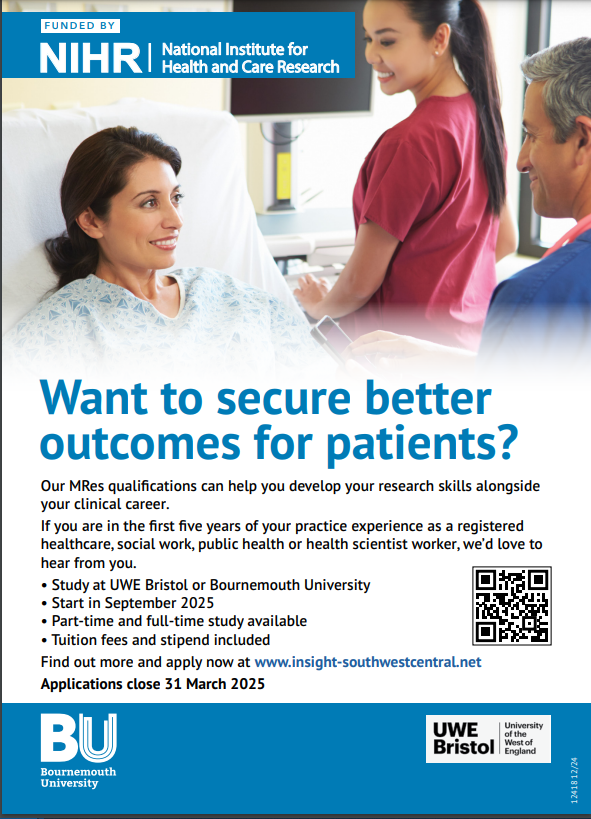 The National Institute for Health and Care Research (NIHR) INSIGHT programme is a unique opportunity designed to inspire and equip the next generation of health and social care researchers. As part of its commitment to fostering a world-class research workforce, the NIHR INSIGHT programme offers a transformative experience with numerous benefits:
The National Institute for Health and Care Research (NIHR) INSIGHT programme is a unique opportunity designed to inspire and equip the next generation of health and social care researchers. As part of its commitment to fostering a world-class research workforce, the NIHR INSIGHT programme offers a transformative experience with numerous benefits: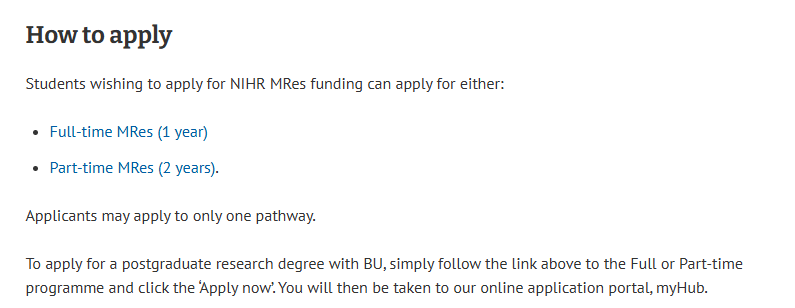
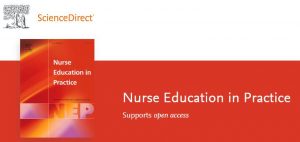
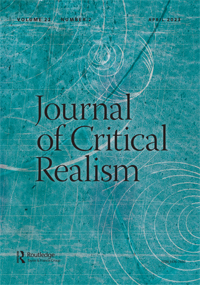

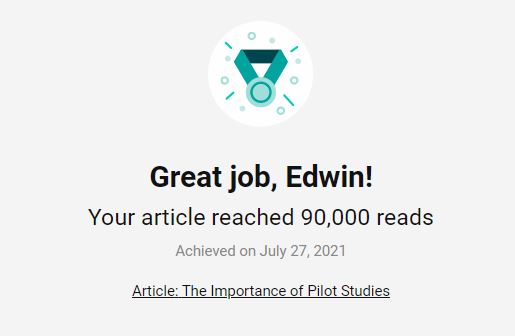

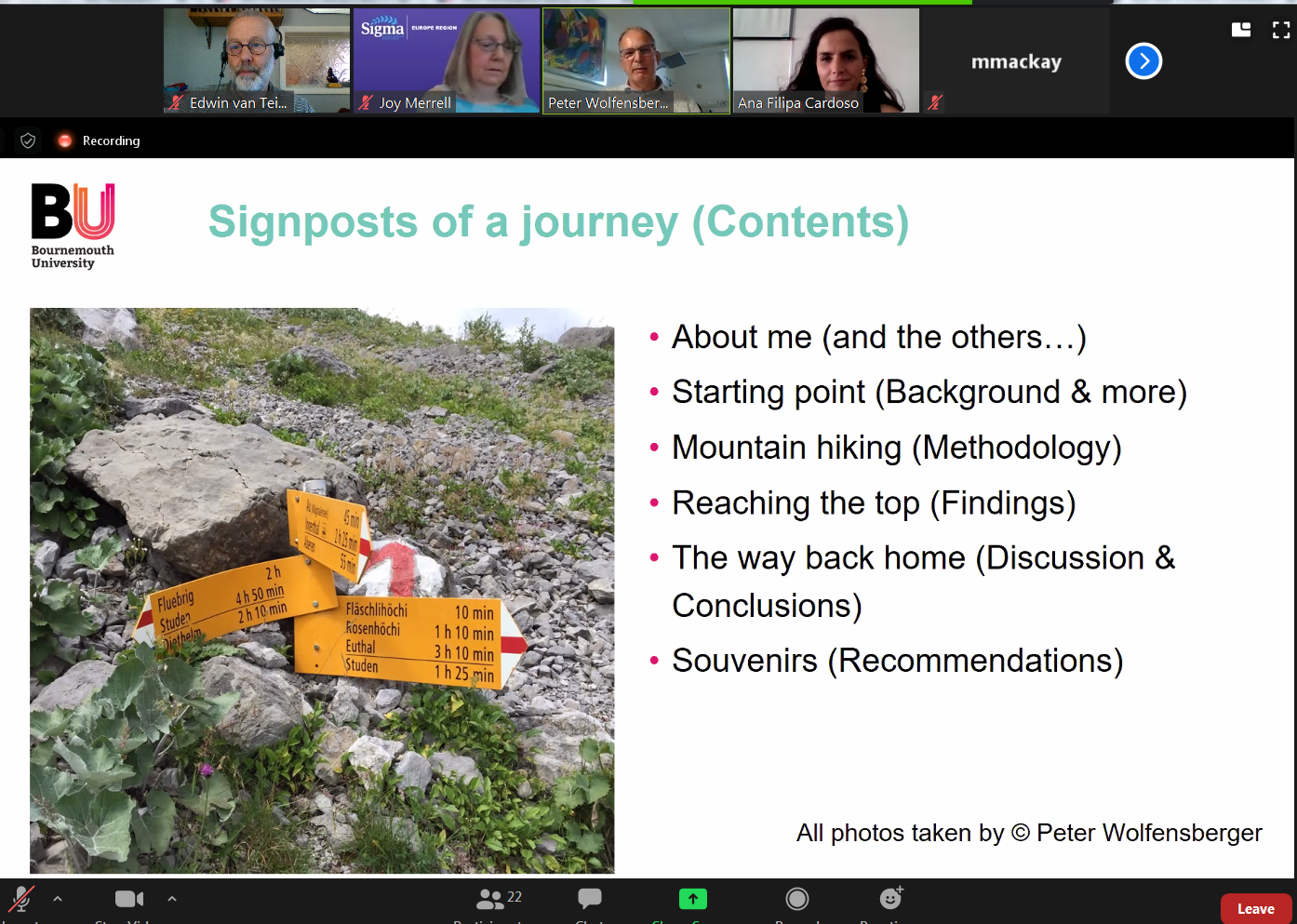


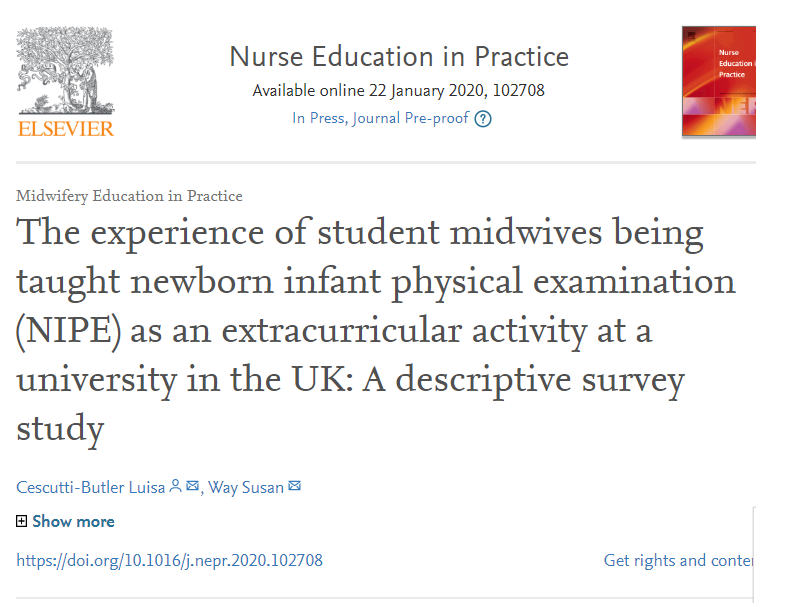
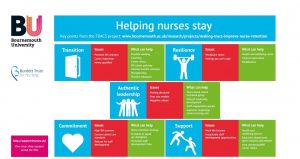
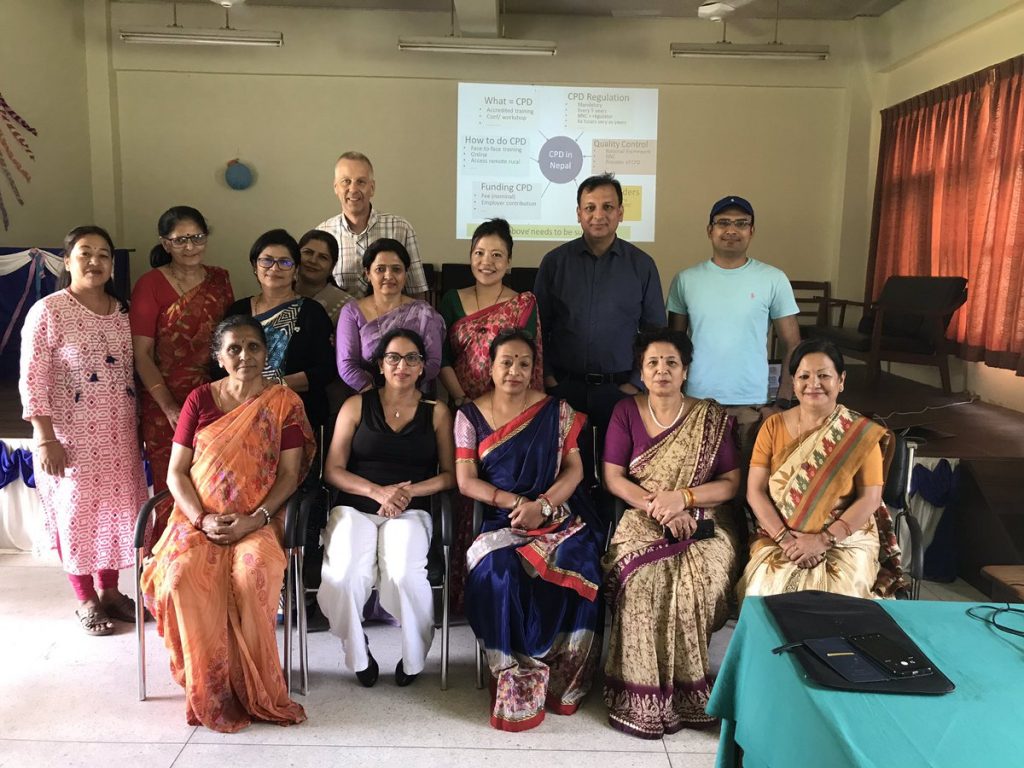
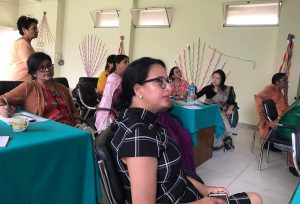

 REF
REF Research funding
Research funding NCUB
NCUB














 Second NIHR MIHERC meeting in Bournemouth this week
Second NIHR MIHERC meeting in Bournemouth this week Dr. Ashraf cited on ‘Modest Fashion’ in The Guardian
Dr. Ashraf cited on ‘Modest Fashion’ in The Guardian NIHR-funded research launches website
NIHR-funded research launches website MSCA Postdoctoral Fellowships 2025 Call
MSCA Postdoctoral Fellowships 2025 Call ERC Advanced Grant 2025 Webinar
ERC Advanced Grant 2025 Webinar Horizon Europe Work Programme 2025 Published
Horizon Europe Work Programme 2025 Published Horizon Europe 2025 Work Programme pre-Published
Horizon Europe 2025 Work Programme pre-Published Update on UKRO services
Update on UKRO services European research project exploring use of ‘virtual twins’ to better manage metabolic associated fatty liver disease
European research project exploring use of ‘virtual twins’ to better manage metabolic associated fatty liver disease